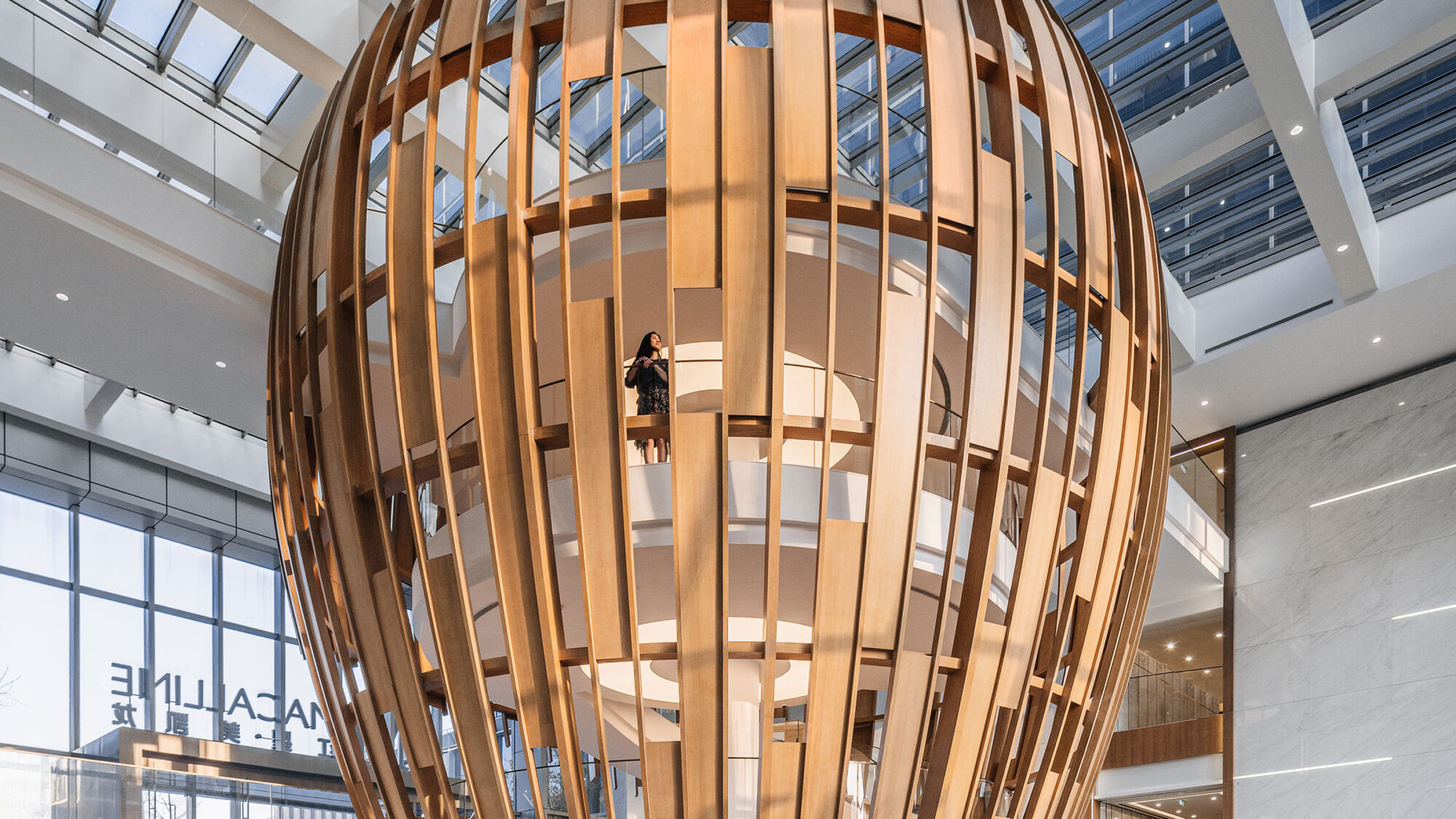

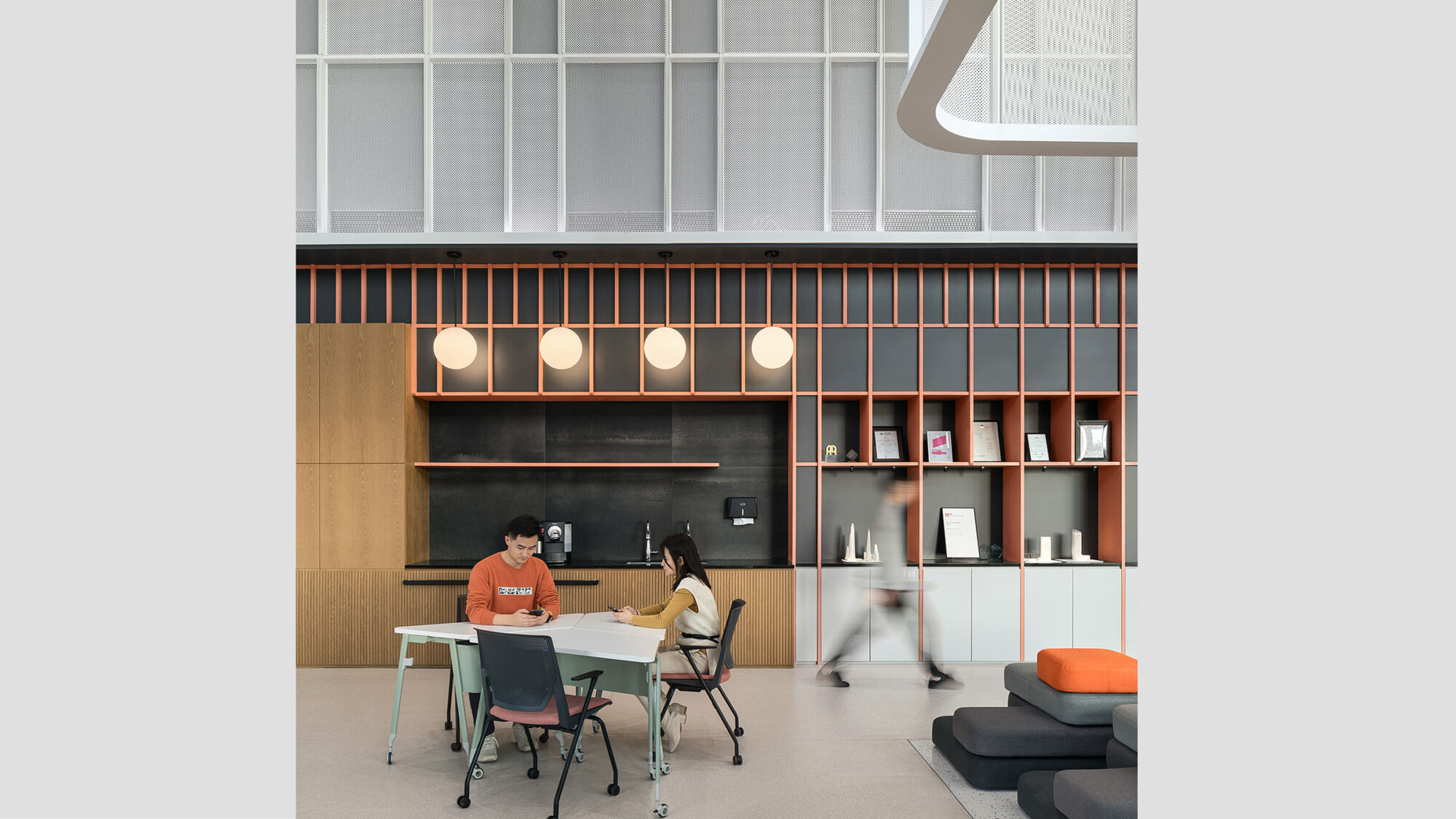
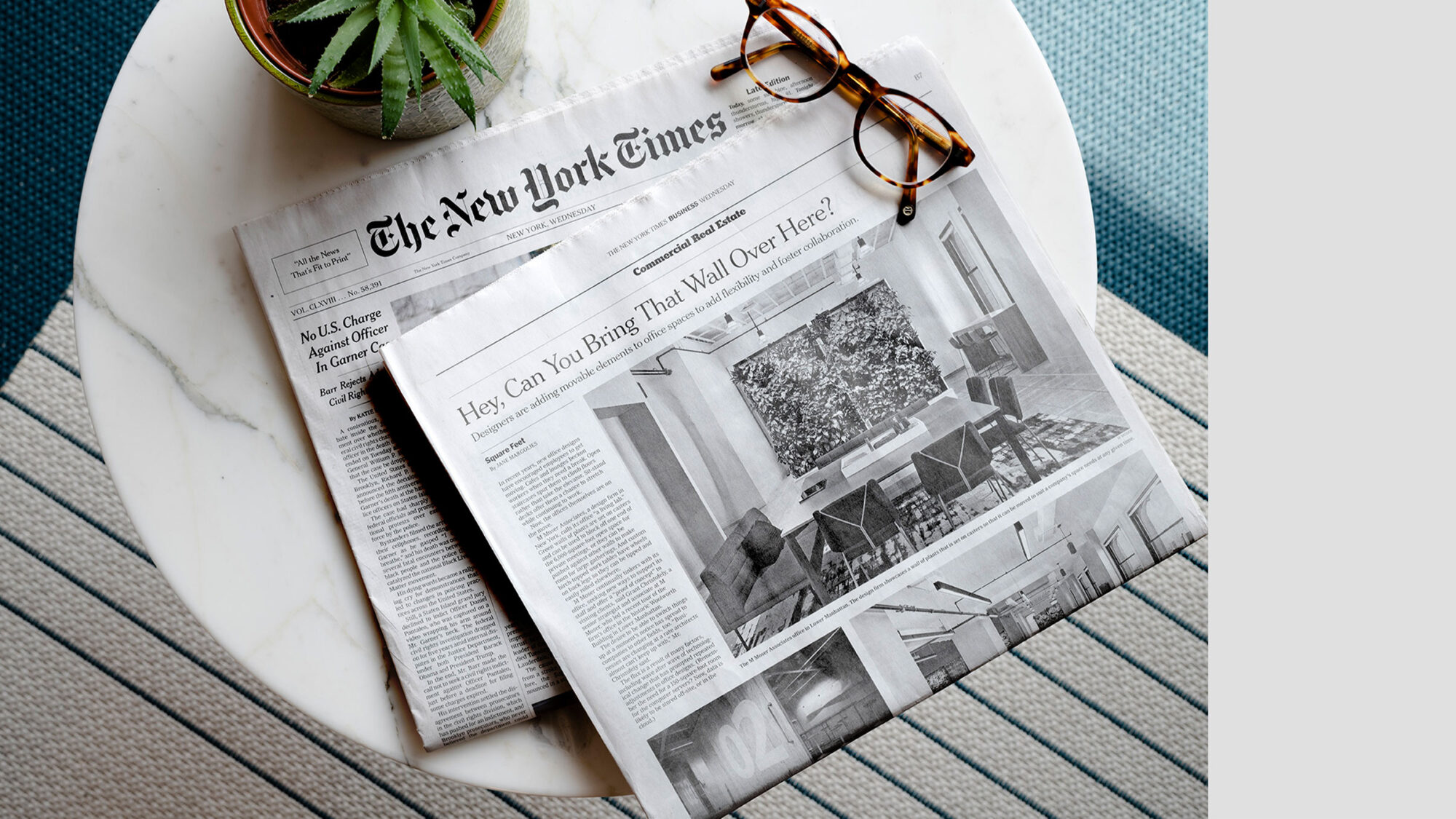
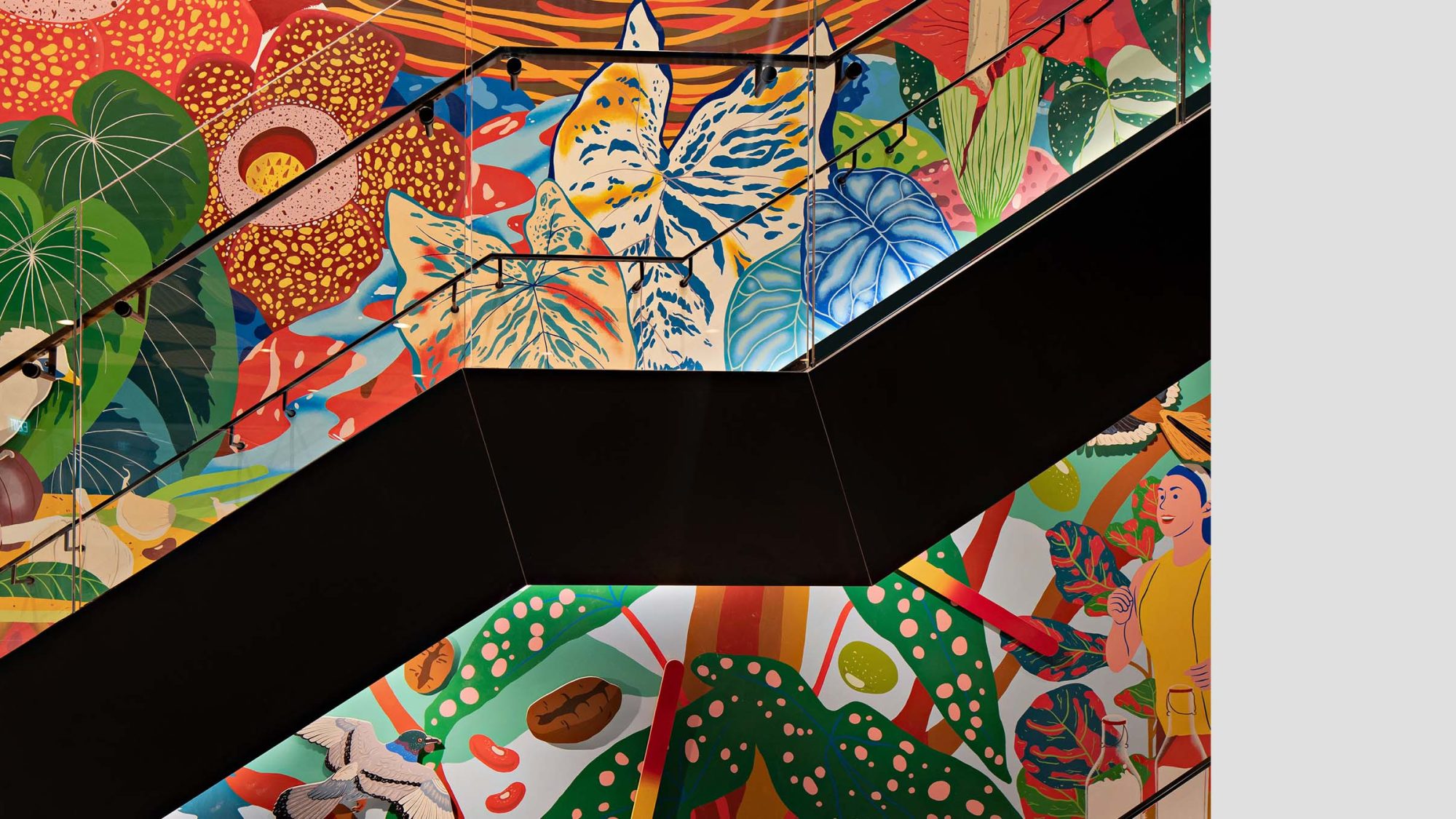
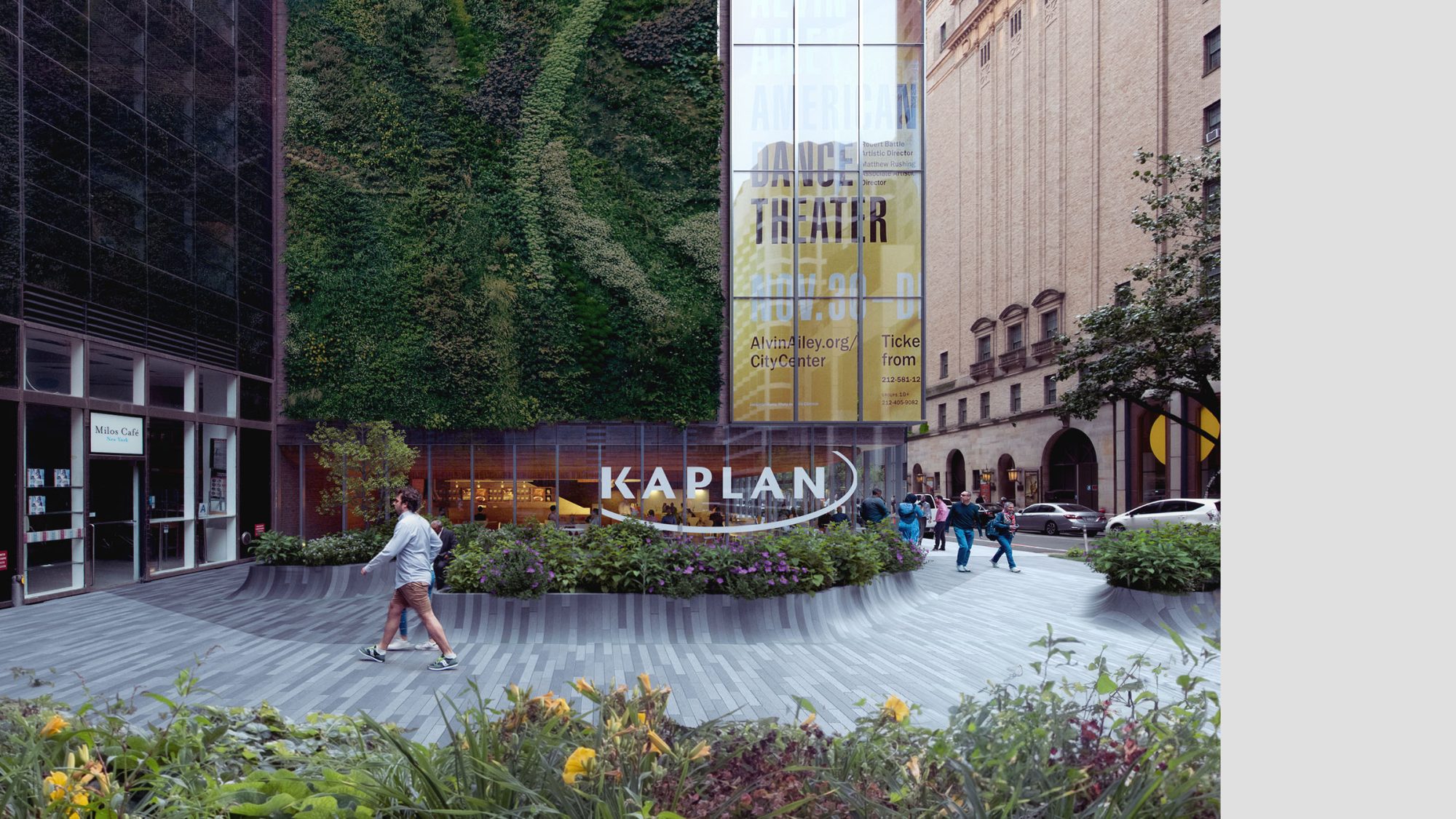
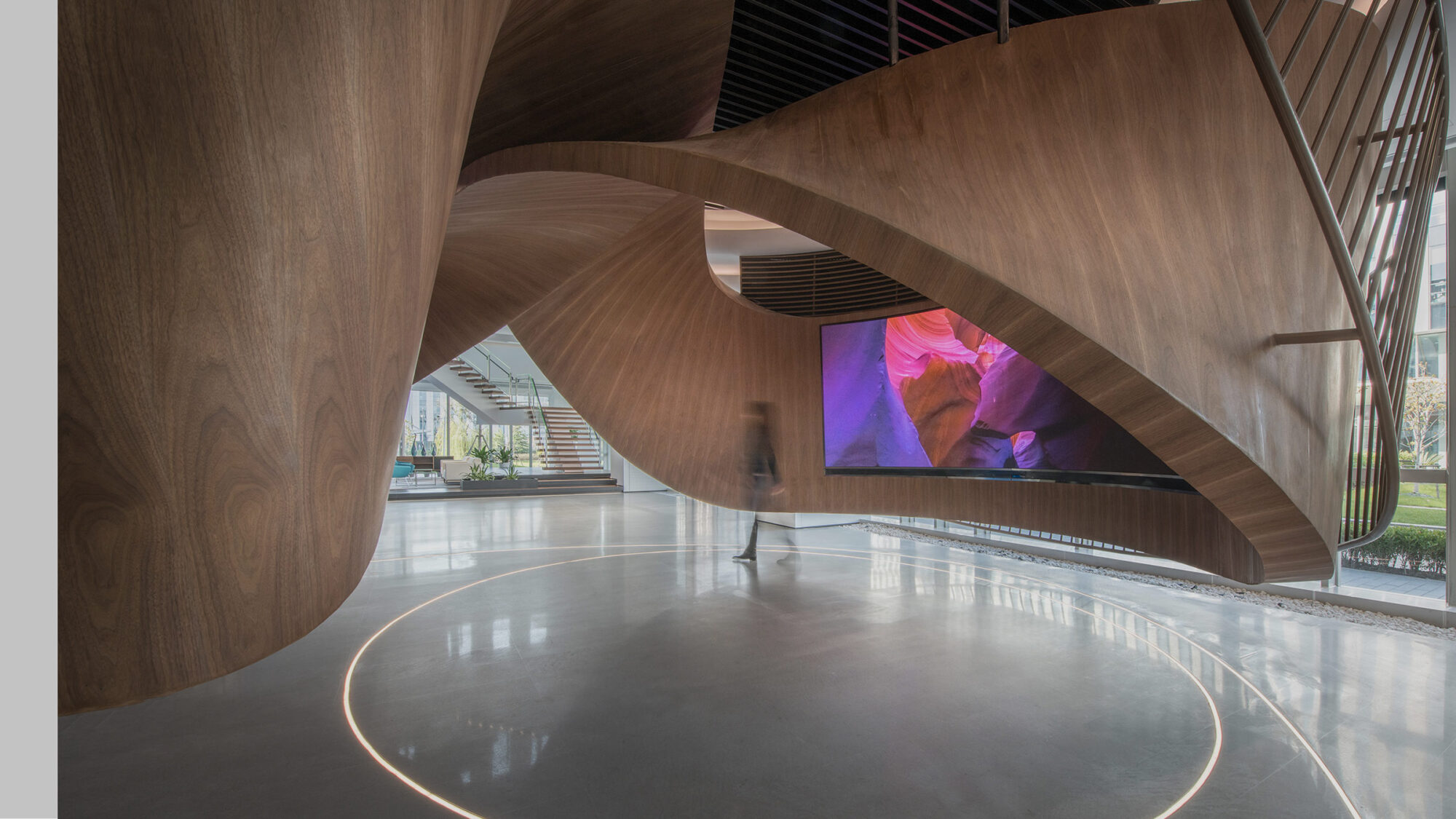
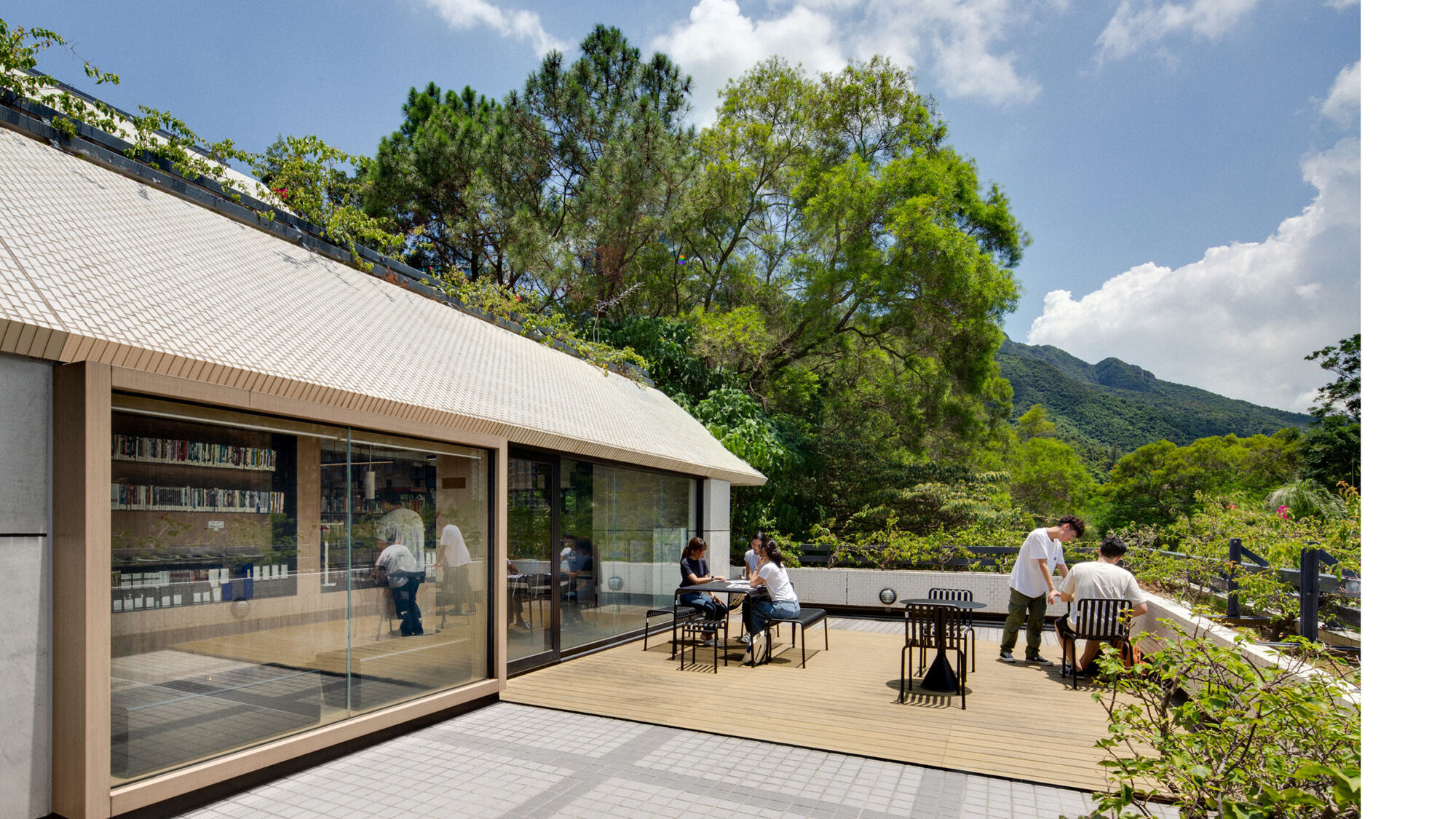

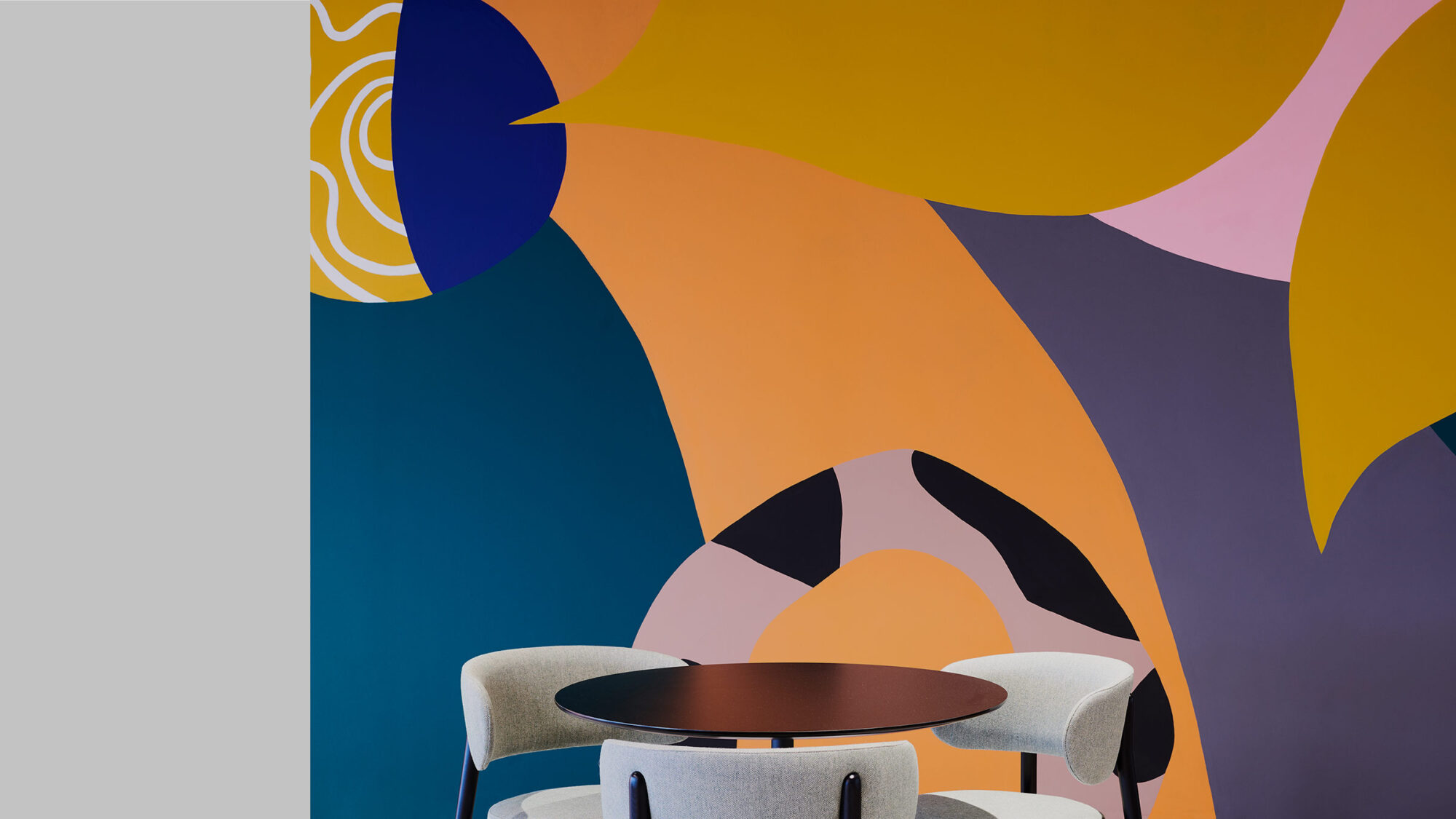
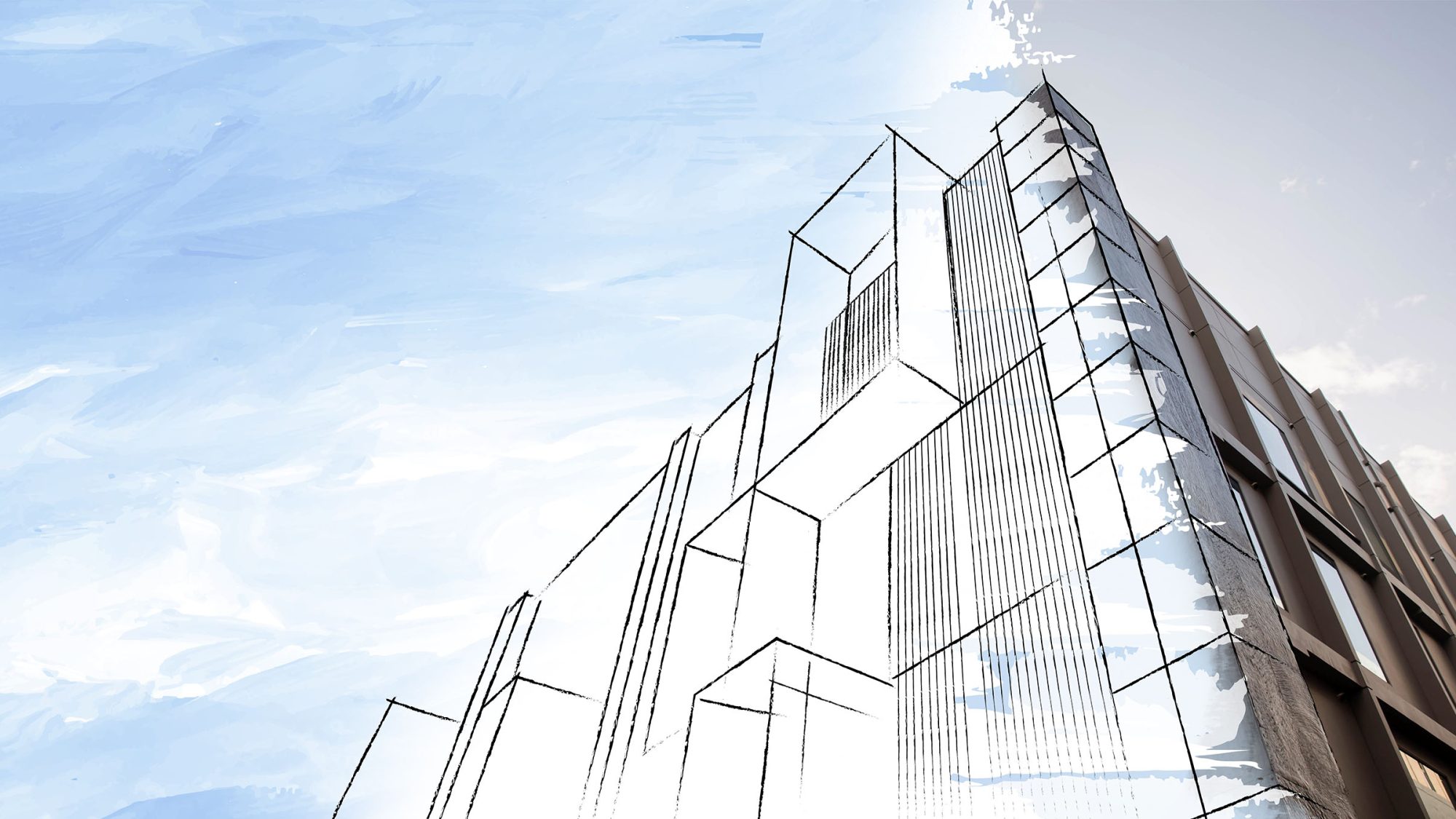
In recent years, Vancouver has experienced significant shifts in urban development. Adaptive reuse has emerged as a key strategy in revitalizing and repurposing vacant and underutilized buildings. This approach breathes new life into underutilized structures and supports sustainable urban growth. It preserves the architectural heritage and reduces environmental impact.
In the fast-evolving real estate market, building owners are increasingly adopting adaptive reuse strategies. These strategies meet the shifting demands of tenants and enhance property values. This article delves into the transformative potential of repurposing buildings into vibrant destination spaces in Vancouver.
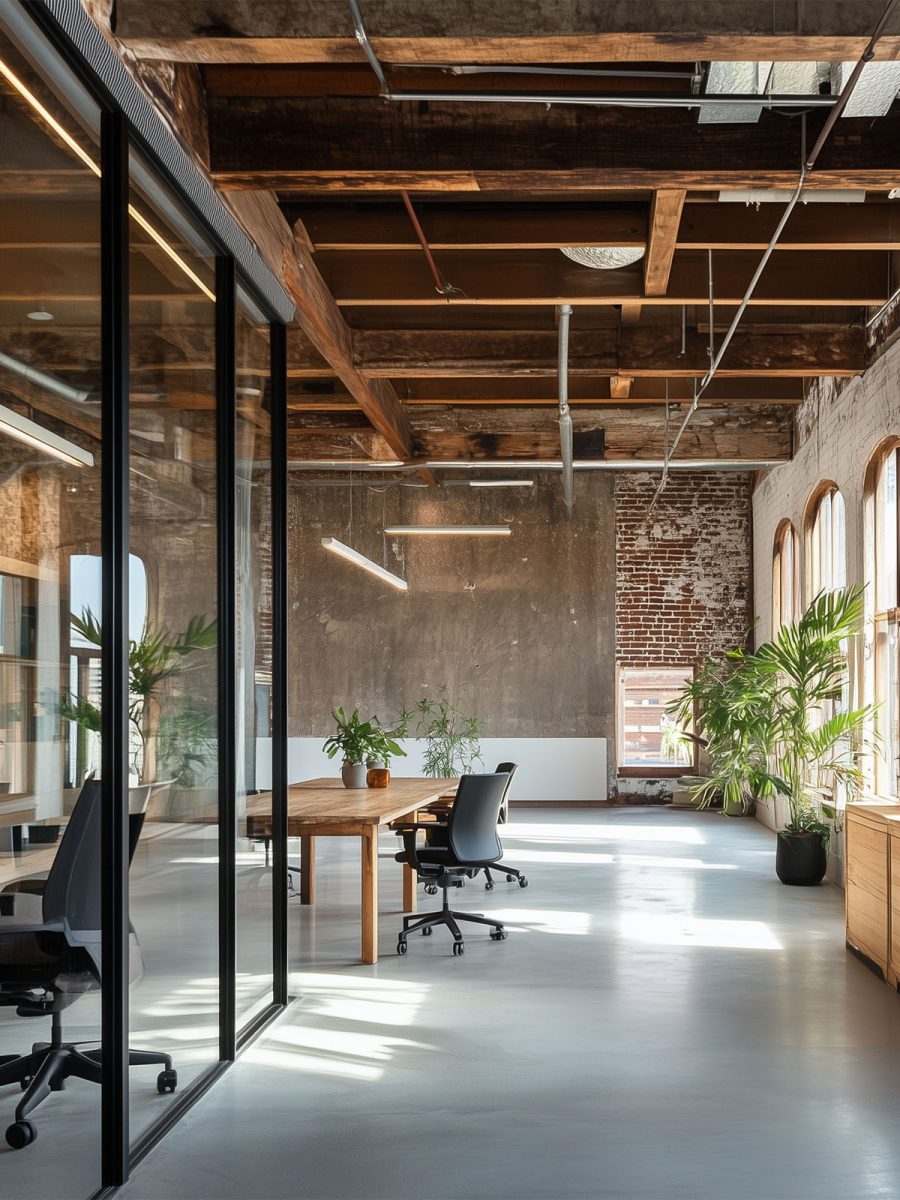
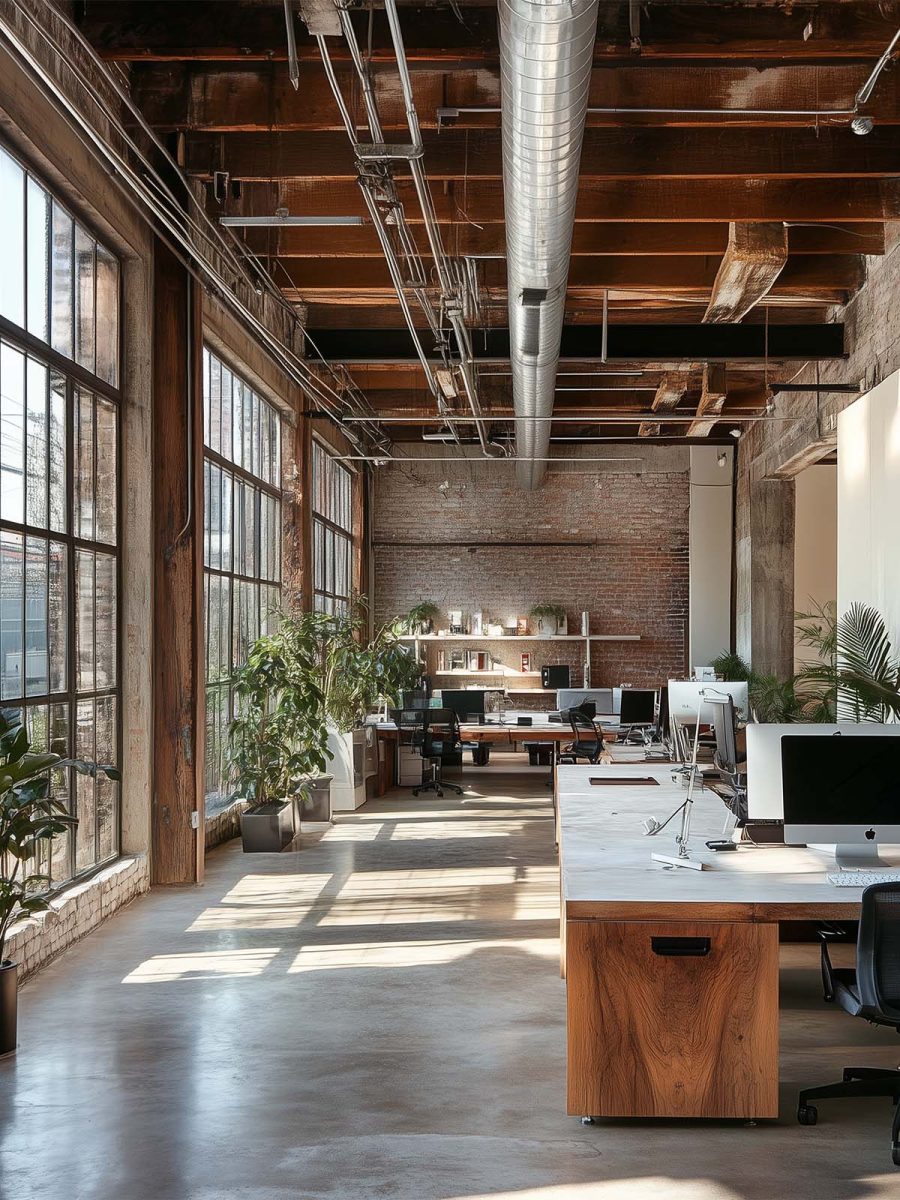
Adaptive reuse is the process of modifying buildings to fulfil new functional requirements while maintaining their core structures. This approach preserves the historic essence of structures and contributes to sustainability by minimizing embodied carbon. Through adaptive reuse, architectural firms in Vancouver can bridge the historical with the contemporary, creating spaces that resonate with both the past and future.
Local architecture firms in Vancouver, such as those specializing in office architecture and workplace interior design like our teams at M Moser, play a crucial role in these transformations. By applying innovative design principles, we convert outdated buildings into vibrant spaces that meet modern needs while respecting historical integrity. The expertise of a multidisciplinary architecture and interior design team ensures that each adaptive reuse project aligns with both aesthetic values and functional requirements. This helps make the city a hub for architectural reinvention.
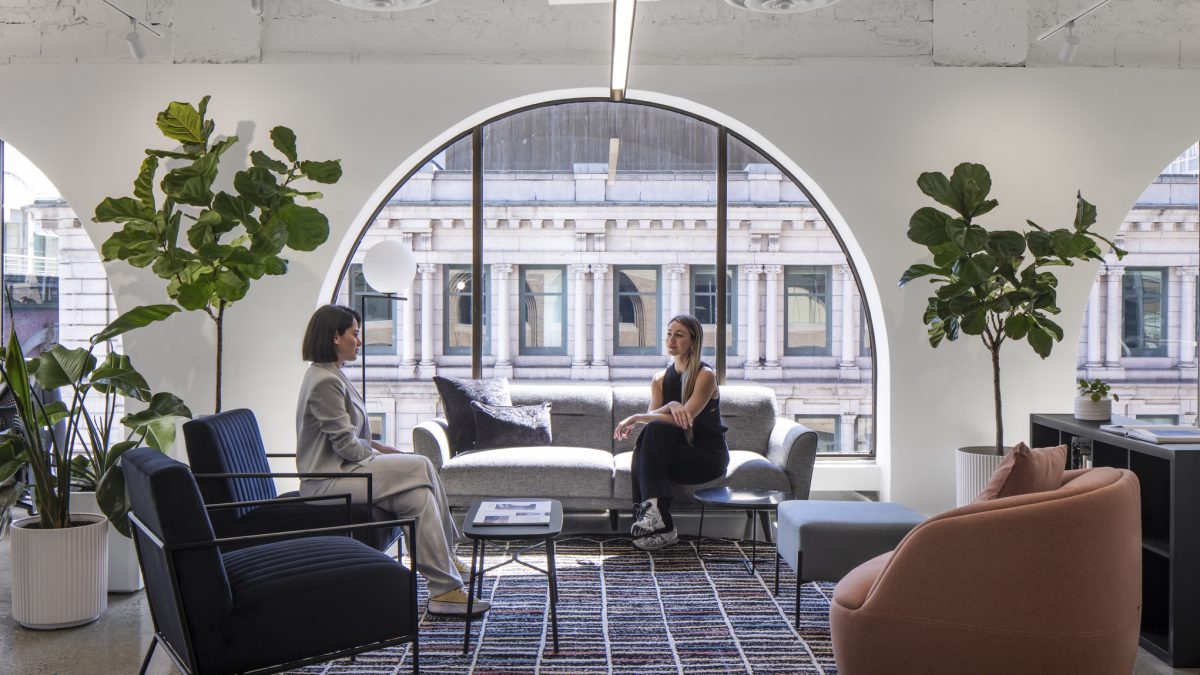
Adaptive reuse requires a deep understanding of a building’s historical, architectural and cultural significance. Recognizing these elements helps in identifying the constraints imposed by local heritage preservation laws and the opportunities for community engagement. Before repurposing, it is crucial to evaluate the building’s structural health and necessary upgrades. This sets the stage for a successful transformation that respects its heritage while aligning with current community needs.
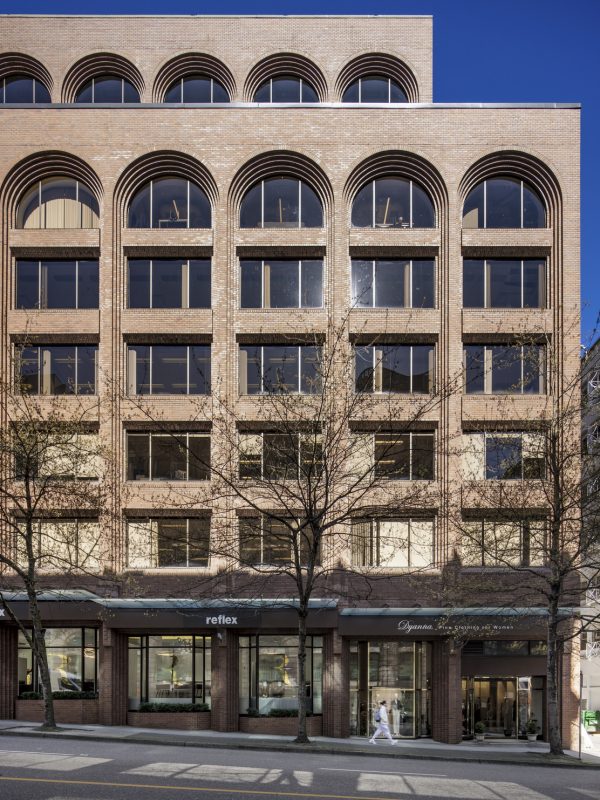
Engineering teams are instrumental in ensuring the structural and mechanical upgrades necessary for the successful adaptation of old buildings to new uses. Our team of professionals tackle the challenges associated with bringing older buildings up to current standards, such as energy efficiency improvements and integrating green technologies. Creative engineering solutions make adaptive reuse projects not only possible but also profitable and sustainable.
Our team’s design build approach in Vancouver is particularly effective in adaptive reuse projects. This method streamlines project delivery by integrating the design and construction phases, reducing timelines and cutting costs. Additionally, it allows for greater collaboration between architects, engineers and builders. This ensures all aspects of the repurposing are considered from the start. A cohesive approach is essential in addressing the complexities of adapting older buildings. These projects often require innovative construction techniques and careful planning to meet modern standards.
Transforming buildings into mixed-use developments is a strategic move that can significantly enhance their utility and appeal. Integrating public and private spaces, these buildings can attract both visitors and commercial tenants. Adding amenities such as fitness centers, conference facilities and artisan coffee shops makes these spaces more appealing. This encourages longer stays and greater foot traffic, creating a thriving ecosystem that benefits all stakeholders.
Repositioning a building through adaptive reuse can lead to several commercial benefits:
Increased rental rates: Upgrades in design and functionality can make a building more attractive to potential tenants. This can increase its market value and rental rates.
Enhanced tenant retention: Improved amenities and aesthetics contribute to a better tenant experience, which can decrease turnover and vacancy costs.
Expanded market appeal: By targeting new demographics, building owners can tap into new tenant pools, opening up additional revenue streams.
Energy efficiency and cost savings: Modernizing systems like HVAC and improving insulation enhances energy efficiency and can lead to cost savings and compliance with evolving regulatory changes.
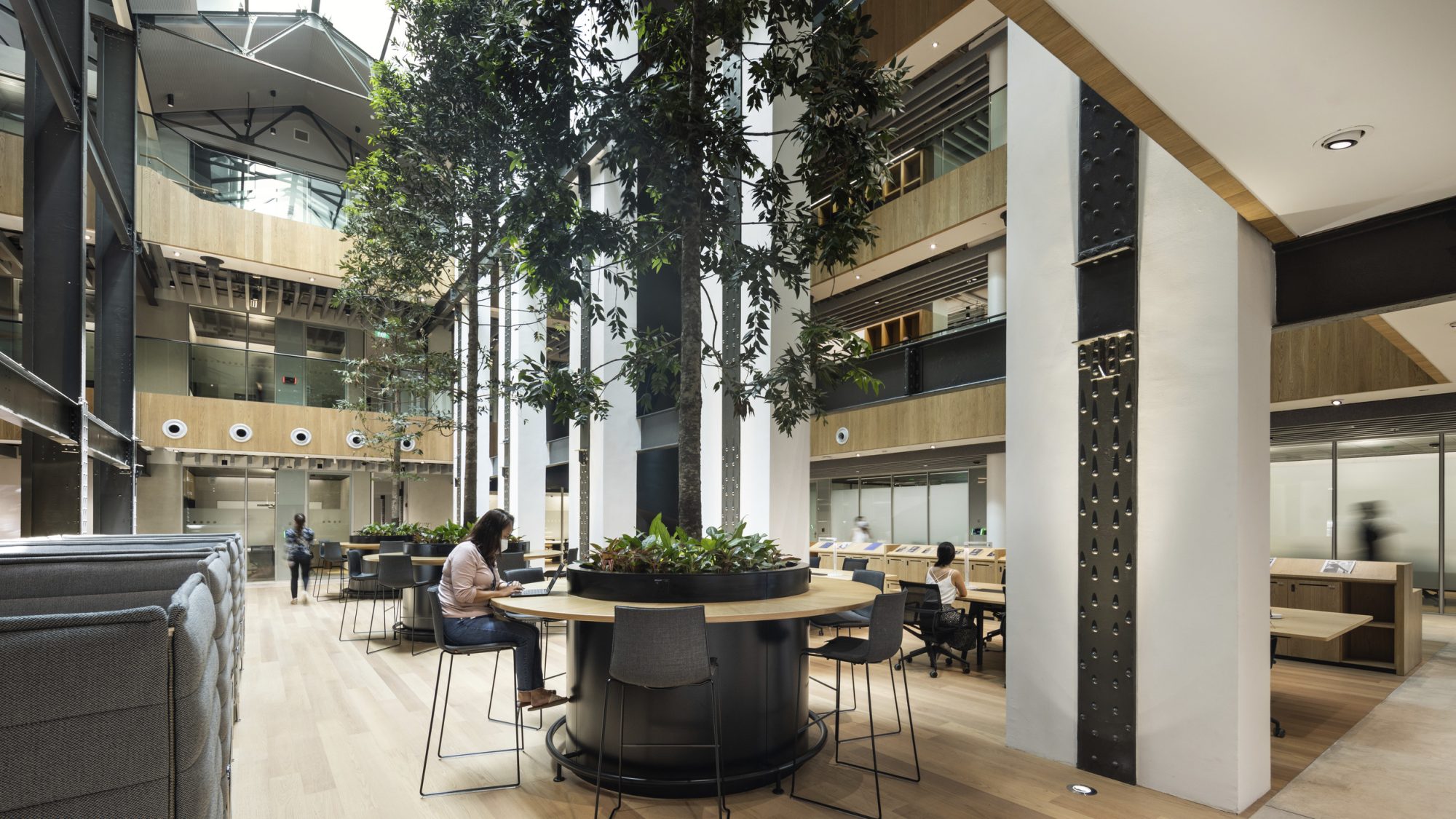
Repurposing architecture is a development strategy and a cultural initiative that enhances community engagement and revitalization. By transforming vacant or underused buildings into dynamic spaces such as offices, cultural centres, or residential units, adaptive reuse projects contribute to the vibrancy of the urban environment. These projects often become destination spaces, attracting both locals and tourists and stimulating economic activity in previously overlooked areas.
From the outset, our team integrates branding with architectural and interior design to develop a cohesive identity for the building. A strong brand strategy is essential for positioning the building effectively in the competitive market.
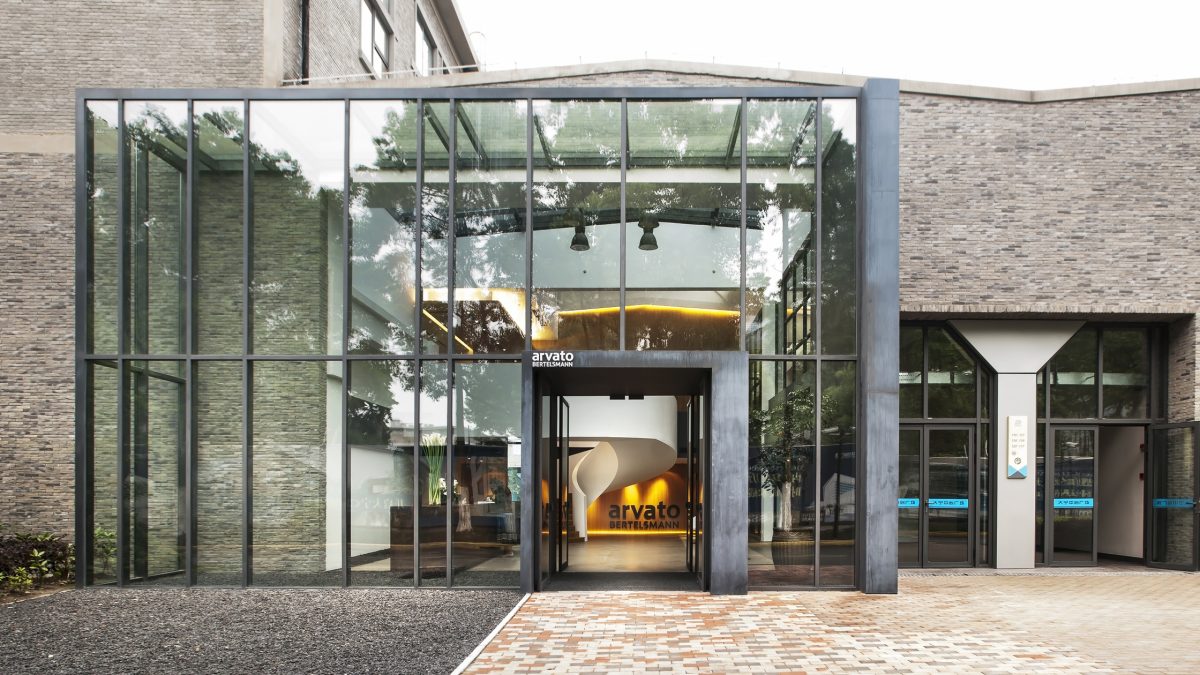
Like other architectural design companies in Vancouver, M Moser focuses on the aesthetic and functional aspects of repurposing buildings to ensure spaces are sustainable and responsive to the community’s needs.
Similar to other architectural design companies in Vancouver, our team focuses on the aesthetic and functional aspects of repurposing buildings. This ensures spaces are sustainable and responsive to the community’s needs. Our designs focus on flexible spaces that can adapt to future changes and recognize the importance of foresight in architectural planning.
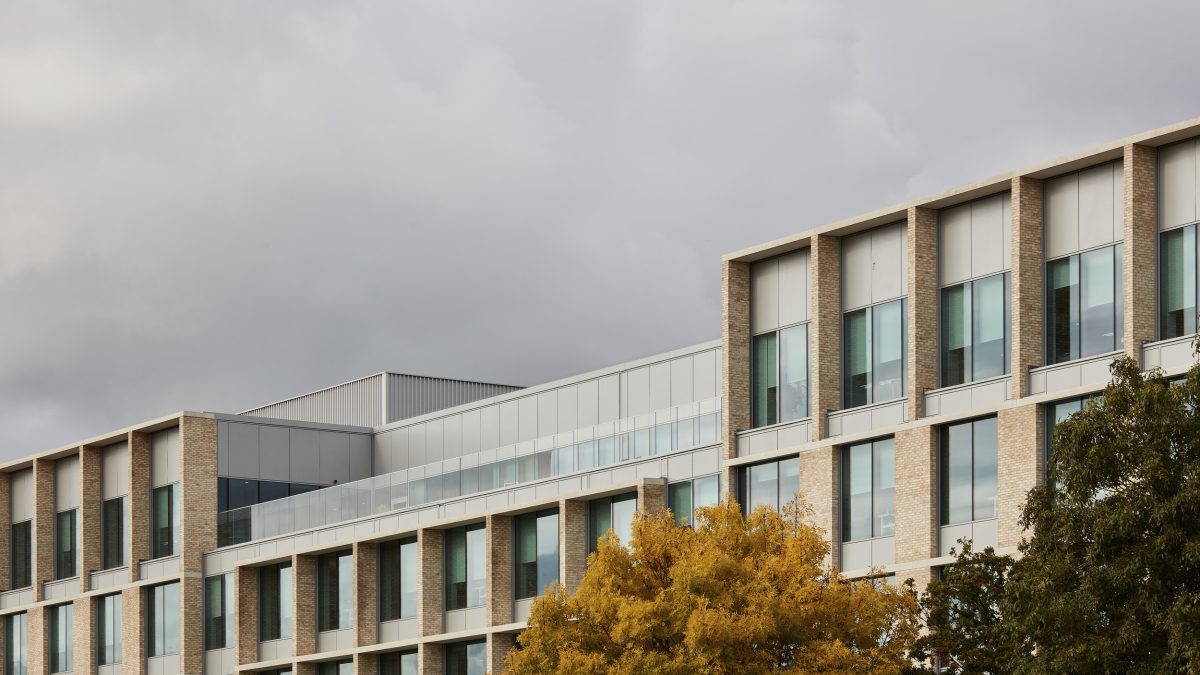
As Vancouver continues to grow and evolve, the importance of adaptive reuse will only increase – mitigating the impact of new construction. The future of repurposing vacant buildings in Vancouver looks promising. More projects being initiated each year, each contributing to a more sustainable and culturally rich cityscape.
Through the collaborative efforts of architecture and engineering professionals, the city is setting a benchmark for others to follow. Together, we’re demonstrating how urban spaces can be thoughtfully and effectively transformed to meet contemporary needs without sacrificing their historical significance. As more stakeholders recognize the value of adaptive reuse, we believe Vancouver will continue to thrive as a leader in sustainable urban development and architectural excellence.
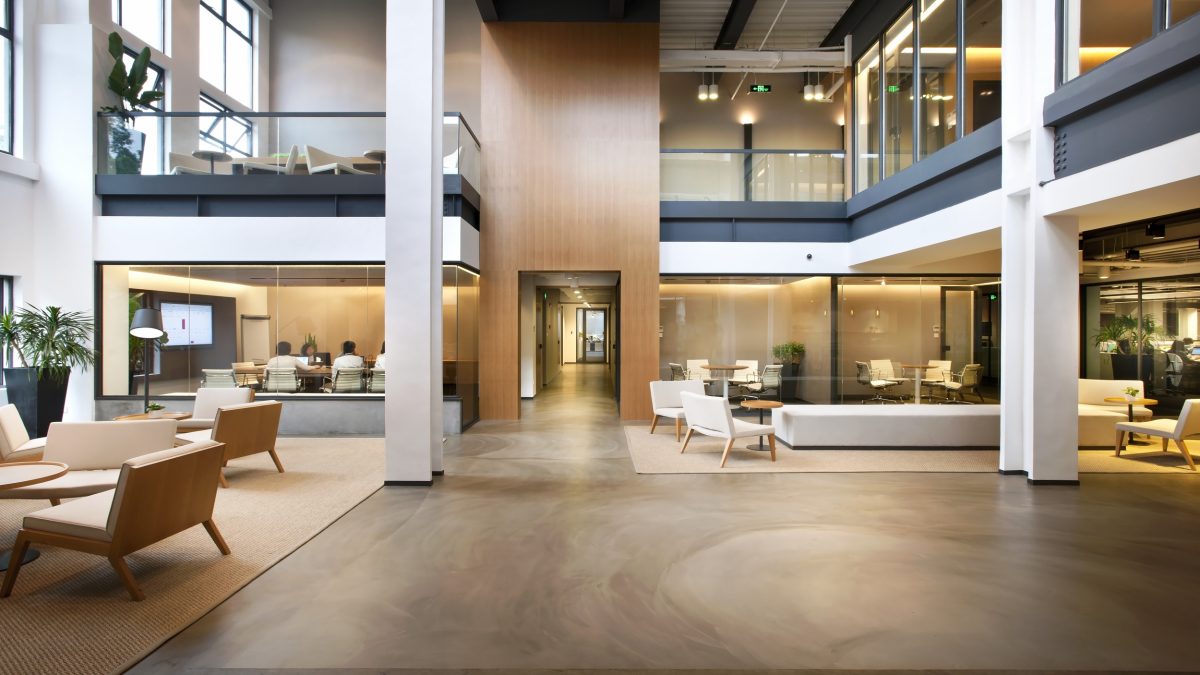
Adaptive reuse offers a sustainable option that preserves architectural heritage. Relocation to a purpose-built facility suits those looking for a completely tailored space. The choice between repurposing and relocating depends on several factors, including budget constraints, specific business needs and the availability of suitable properties.
If revitalizing an older building appeals to you, consider the potential of adaptive reuse to transform it into a distinguished destination space. Contact our architecture firm in Vancouver to explore how we can help realize your vision for a dynamic and sustainable property.